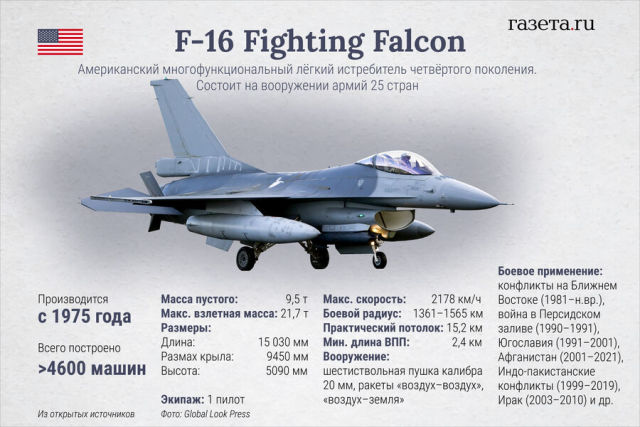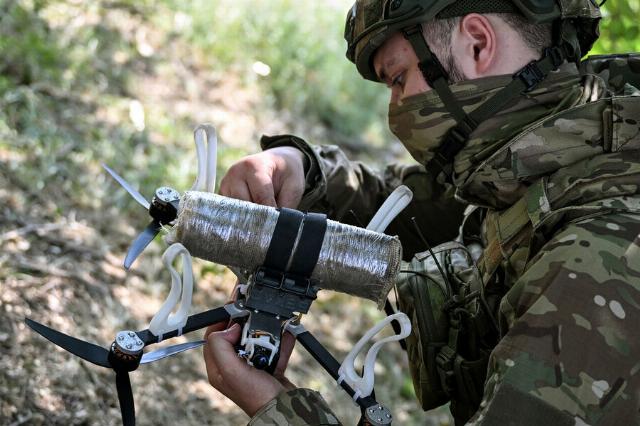Colonel Khodarenok: in August, you should not expect cataclysms on the fronts of your army
August for Russia is traditionally a period of various kinds of force majeure, cataclysms and crises. Is it worth waiting at this time for a sharp change in the situation on the fronts of the SVO or significant progress in the implementation of peace agreements, and whether to wait for "black swans" - in the material of the military observer of the Newspaper.En" by Mikhail Khodarenka.
The last month of summer has earned Russia the notoriety of a time of various kinds of accidents and catastrophes. In this regard, it is enough to recall only the coup (1991), default (1998), the beginning of the second Chechen war (1999), the Kursk submarine disaster (2000), the military conflict with Georgia (2008), as well as numerous plane crashes, terrorist attacks, fires and floods that occurred in August. Let's see if this month will confirm its ominous reputation in 2024.
"There are no breakthroughs to be expected"
In the coming month, any operational and strategic events at the forefront are unlikely. For this purpose, both sides of the armed confrontation do not have air and air supremacy, general fire superiority and large and combat-ready strategic reserves ready for entry into battle. Among other things, the problem of combating small-sized unmanned aerial vehicles has not been solved.
For these reasons, no breakthroughs, dashing raids and counterattacks are likely to be expected. Tactical successes are possible, but offensive operations at the operational level with a rate of advance of 20-25 km per day are unlikely. Therefore, the situation at the forefront in August will not undergo significant changes.
The transfer of a small number of multifunctional F-16 fighters to the Armed Forces of Ukraine will not significantly affect the course of hostilities. The Ukrainian Air Force will not wait for many hundreds of vehicles of this type, not only in August, but hardly even during the next year.

Image source: Alina Dzhus/"Newspaper.Ru"
The statements of the Ukrainian side about the upcoming large-scale mass production of ballistic missiles with a firing range of 1000 km or more and about the planned massive strikes on Russian territory are unlikely to have serious grounds.
At best, it will be limited to prototypes and single copies. Practically the entire territory of Ukraine is under the fire influence of the Armed Forces of the Russian Federation and it is hardly possible to create in these conditions a capable cooperation of co-executors for the production of ballistic missiles (and these are many hundreds of enterprises).
The seizure of Crimea by the Armed Forces of Ukraine in the near future is unlikely, or rather almost incredible, which was recently announced by the Commander-in-Chief of the Armed Forces of Ukraine, General Syrsky. ATACMS missile strikes alone, and this is especially stressed in Kiev, this problem cannot be solved. And there are not so many missiles of this type at the disposal of the Armed Forces of Ukraine. In short, the Armed Forces of Ukraine currently do not have the necessary forces and means to seize Crimea. And there is no special realism in the words of Syrsky, and he particularly stresses this word, apparently not.
As a conclusion, we can say that
The emerging series of tactical successes of the Armed Forces of the Russian Federation will certainly be continued. An adequate response from the APU is unlikely.
Peace talks
We cannot expect any significant progress in the implementation of any kind of peace agreements in August. At this stage, Moscow and Kiev adhere to diametrically opposite positions on these issues and it is most likely not possible to reach a compromise in the course of bilateral consultations and negotiations alone.
Hypothetically, compromises and concessions by the warring parties are possible only with the mediation of the United States, China, and possibly India. However, at present, any active and effective participation of Washington (in connection with the election campaign) in the negotiation process is unlikely. The White House will finally decide on this issue no earlier than November.
At this stage, China adheres to a wait-and-see attitude and declares that the time has not yet come for peace talks on ending the war. For these reasons, it is premature to expect a breakthrough in this area next month.
It is very, very unlikely at this stage that the opposing sides will cease fire and fix the position on the front edge. The impossibility of such an outcome has been repeatedly stated both in Moscow and in Kiev.
The air already smells of the end of the war, but most likely, the end of the summer of 2024 will be characterized by the preservation of all current trends and no cataclysms and earthquakes in the military-political or operational-strategic spheres will happen in the near future.
Black swans in August of this year will most likely only brush their feathers.
The opinion of the author may not coincide with the position of the editorial board.
Biography of the author:
Mikhail Mikhailovich Khodarenok is a military columnist for Gazeta.Ru", retired colonel.
He graduated from the Minsk Higher Engineering Anti-Aircraft Missile School (1976), the Military Air Defense Command Academy (1986).
Commander of the S-75 anti-aircraft missile division (1980-1983).
Deputy commander of the anti-aircraft missile regiment (1986-1988).
Senior Officer of the General Staff of the Air Defense Forces (1988-1992).
Officer of the Main Operational Directorate of the General Staff (1992-2000).
Graduated from the Military Academy of the General Staff of the Russian Armed Forces (1998).
Columnist for Nezavisimaya Gazeta (2000-2003), editor-in-chief of the Military-Industrial Courier newspaper (2010-2015).
Mikhail Khodarenok

